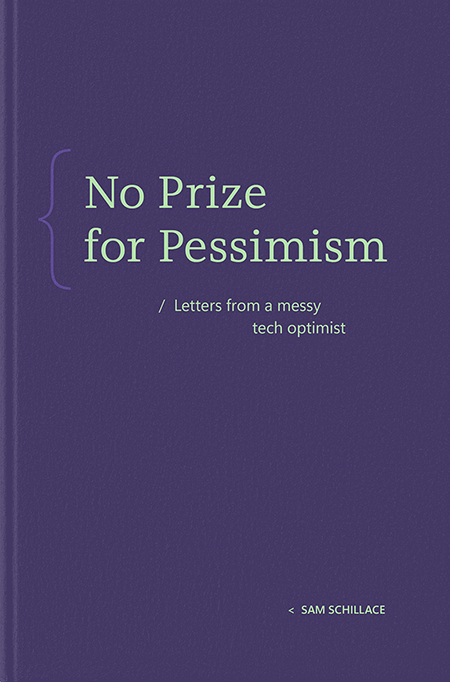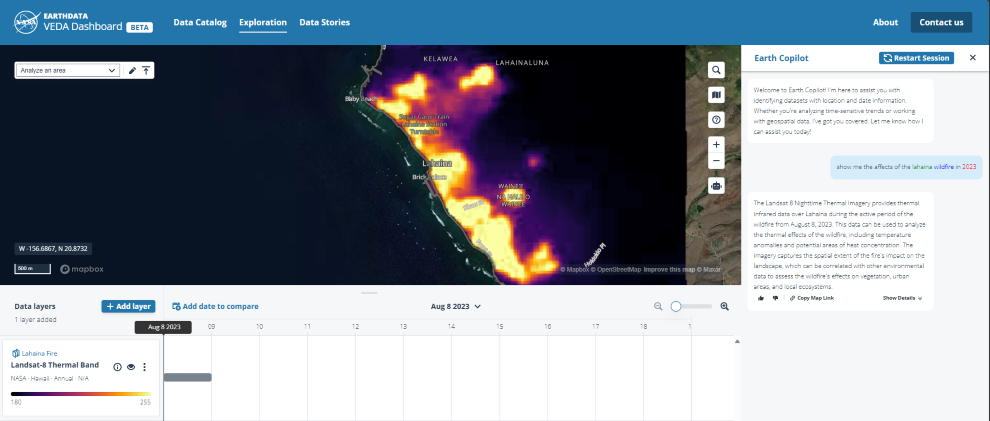Schematized source: when tables or columns are deleted in the source…?
I’m new to using Purview. I started using Data Map to scan in assets from an Azure SQL Database, and enrich those assets with additional metadata (descriptions, classifications, sensitivity labels). Then I intend to have many end users browsing the Data Catalog to discover data, with this additional metadata.
I was concerned about potentially losing the “additional metadata” that I and my team manually enter into Purview. The schema of our Azure SQL Database does change over time, so I wondered: what happens if in the source database, some columns/tables are dropped or renamed, then we run the scan in Purview again? Would we lose any of the additional metadata we entered into Purview?
I did some quick testing, and it seems like “yes,” in some cases we could. From my testing, it seems like if a column like `column_x` is dropped from an existing table in the source, or renamed to `column_y`; then an incremental Purview scan occurs; then, the new version of the table in the Purview Data Catalog no longer has `column_x`. It’s gone. And whatever additional metadata I had entered for that column is lost.
On the other hand, if a table like `table_x` is dropped in the source; then an incremental Purview scan occurs; the old table with the additional metadata we added is still there in Data Catalog. (And presumably, if `table_x` comes back into existence later, with the same columns, then my additional metadata would still be there and still be applicable. Though I didn’t test this.)
Anyway, I am wondering how people handle this. Like maybe a column gets renamed in the source…but I don’t want my scheduled Purview scans to cause me to lose the additional metadata we had entered for `column_x`! I want it to be retained, or at least I want to re-enter it, for the same column with its new name `column_y`. Copy and paste it. Do you ever back up your additional metadata, by exporting assets and their metadata? (Is this even possible? I think I read you could do this.) Any other solutions?
I’m new to using Purview. I started using Data Map to scan in assets from an Azure SQL Database, and enrich those assets with additional metadata (descriptions, classifications, sensitivity labels). Then I intend to have many end users browsing the Data Catalog to discover data, with this additional metadata. I was concerned about potentially losing the “additional metadata” that I and my team manually enter into Purview. The schema of our Azure SQL Database does change over time, so I wondered: what happens if in the source database, some columns/tables are dropped or renamed, then we run the scan in Purview again? Would we lose any of the additional metadata we entered into Purview? I did some quick testing, and it seems like “yes,” in some cases we could. From my testing, it seems like if a column like `column_x` is dropped from an existing table in the source, or renamed to `column_y`; then an incremental Purview scan occurs; then, the new version of the table in the Purview Data Catalog no longer has `column_x`. It’s gone. And whatever additional metadata I had entered for that column is lost. On the other hand, if a table like `table_x` is dropped in the source; then an incremental Purview scan occurs; the old table with the additional metadata we added is still there in Data Catalog. (And presumably, if `table_x` comes back into existence later, with the same columns, then my additional metadata would still be there and still be applicable. Though I didn’t test this.) Anyway, I am wondering how people handle this. Like maybe a column gets renamed in the source…but I don’t want my scheduled Purview scans to cause me to lose the additional metadata we had entered for `column_x`! I want it to be retained, or at least I want to re-enter it, for the same column with its new name `column_y`. Copy and paste it. Do you ever back up your additional metadata, by exporting assets and their metadata? (Is this even possible? I think I read you could do this.) Any other solutions? Read More











